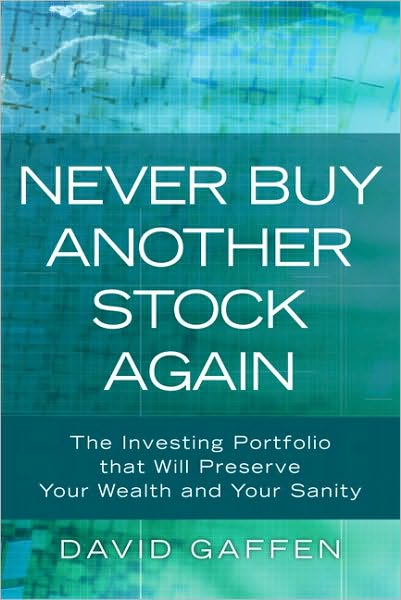The Best of the Aleph Blog, Part 5
Rereading old articles is bittersweet.? I get a variety of internal reactions:
- You wrote about that again?! Who cared about that?
- Boy, you really blew that one!
- Another news post?! How many links can you cram into a post?? Anyone who reads all of that will learn a lot, but who has that much time?? (At least you summarized it, so some could avoid reading it…)
- Nice job!
Well, onto the fifth quarter of the Aleph Blog, February through April 2008:
I had some ?down time? today (taking my third child to junior college), when I could sit and think about some of the issues in the markets, when all of a sudden, a weird correlation hit me.? Similarities between:
- The near bankruptcy of the Equitable back in the early 90s.
- Neomercantilism
- The relationship of Moody?s and S&P to MBIA and Ambac.
This was a creative post that connected the dangers of the overextension of credit — debts growing at an unsustainable rate.? It doesn’t end well for the creditor and debtor, but the creditor typically gets the worst of it.
The Boom-Bust Cycle, Applied to Many Markets
The funny story of making money by resisting trends.? Main point: use your head and look through the windshield, not the rear-view mirror.
That?s my thought for the evening.? Analyze the motives of other players in your markets, and don?t assume that the current state of the market is an equilibrium.? Equilibria in economics are phantoms.? They exist in theory, but not reality.? Better to ask where new entrants or exits will come from.
Split the Financial Guarantors in Two? You Can?t Do That.
This was the first of many pieces arguing against fraudulent conveyance, which was attempted, but thwarted in the courts.? Someone send Sean Dilweg to a course in contract law.
In Some Ways, The Municipal Bond Market Was Asking For It
This was another case of asset-liability mismatch.? Lenders want to lend short, and borrowers want to borrow long. In this case, auction rate preferreds internalized the mismatch, subject to auction failure, which never happens, right?? There were also hedge funds that tried to exploit the yield differential, borrowing short and lending long.
A disaster waiting to happen…
I fought these since their initial issuance.? They did not make economic sense, and the rating agencies had never previously allowed for a martingale strategy to be a safety factor.? Oh, and things got much worse from here.? Losses were large.
Is the PEG Ratio a Valid Concept?
I expected the answer to be no, but it was yes.? I learned a lot in the process; encourages me to be more open-minded.
The Problem of Publishing in the Social Sciences
There are many reasons research in social science tends to be skewed and this article hits many of them.
Micro-stability versus Macro-instability
Greenspan was famous for suggesting that derivatives made the markets safer.? He missed that most derivatives are risk-shifters, not risk-eliminators.? Derivatives stabilized companies at a price of adding basis ans counterparty risks.
Great call, when the market was dislocated.
What Should the Spread on a Corporate Bond Be?
Humorous piece on bond pricing, with six blind men analyzing the elephant, and one sighted guy reluctant to explain why they are right sometimes, but wrong most of the time.
Humiliation, but I turn it into an opportunity to learn, and avoid future errors.
Investment Banks Are Priced Like Bermuda Reinsurers
A quick comparison between an industry that is usually admired, and one that is always despised.? The similarities will surprise!
This piece took a lot of work, and got a lot of attention.? Someday, I’d like to put out another.? Enjoy the easy comparisons from one large table that explains in detail the accomplishments and foibles of FOMC members.
After a rare double dissent, I analyzed how common dissents are at the FOMC.? Note to Bernanke: your power has grown since then.
Federal Office for Oversight of Leverage [FOOL]
Well, what could you expect from a post on April 1st? The sad thing is, it came into being, and is staffed with people who really don’t get the concept of systemic risk, or where it comes from.? Worst yet, they don’t control the Fed, which creates most of our systemic risk.
Your firm needs money, but conditions for financing are unappealing.? What can you do?
Understanding two stereotypes for hedge fund managers.
A really important piece that argues that tax rates aren’t the important factor, it is the definition of income.
Book Reviews: Manias, Panics, and Crashes, and Devil Take the Hindmost
Two excellent books that everyone should read.
=–==-=-=-=-=–=-==–==-=-=–==-
That’s all for now.? Hope you enjoy a few of the articles.



